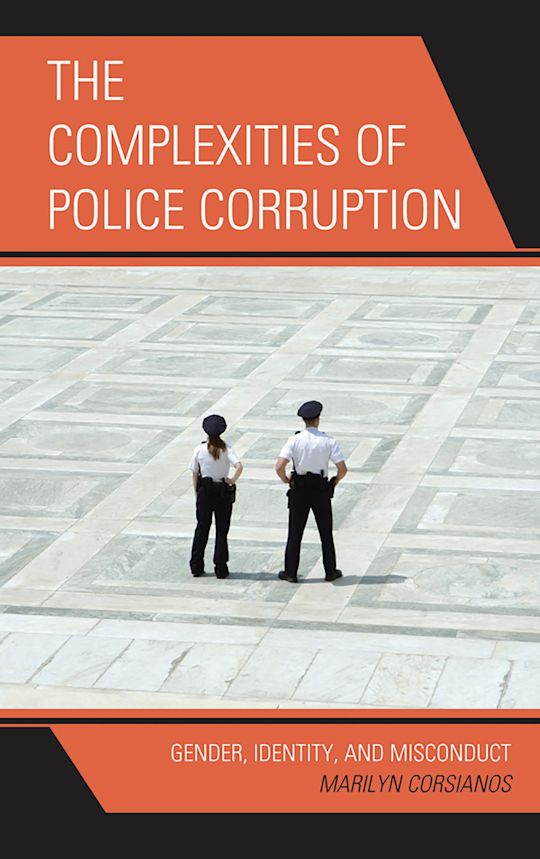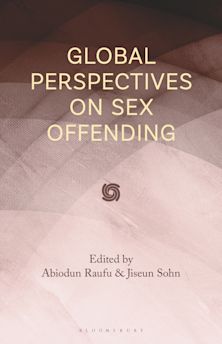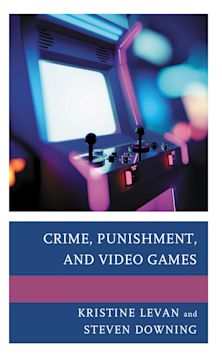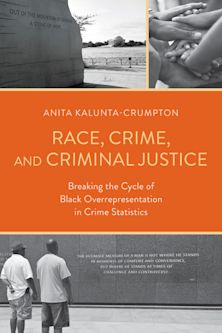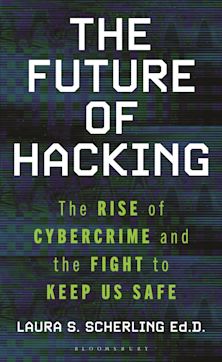- Home
- ACADEMIC
- Criminology
- Criminology - Other
- The Complexities of Police Corruption
You must sign in to add this item to your wishlist. Please sign in or create an account
Description
The Complexities of Police Corruption provides a comprehensive examination of the role of gender as it relates to police corruption, crime control, and policing as an institution. Author Marilyn Corsianos examines different forms of corruption, including some behaviors that are generally not recognized as corruption by police departments, such as selective law enforcement, racial profiling, gender bias and other discriminatory police practices against marginalized populations.. The book also explores the role of police culture in preserving and defending misconduct and digs into the thorny question of why significantly fewer women are involved in police corruption.
Throughout the book, excerpts from interviews with 32 former police offers illustrate the complex ways that gender construction is connected to police corruption and shows how policing as an institution creates corruption risks. The Complexities of Police Corruption is a challenging and insightful book about the intersections between gender and corruption.
Table of Contents
Chapter 1: Police Corruption: From the Introduction of Formal Policing Systems to Today
Chapter 2: Interrogating Police Corruption and the Organization as Enabler
Chapter 3: TheRole of the Masculinist Police Culture in Corruption
Chapter 4: Critical Dilemmas in Police Behavior
Chapter 5: Media Constructions of Police Corruption
Chapter 6: Increasing Police Accountability through Community Policing
Chapter 7: Concluding Remarks
Product details
| Published | 31 Aug 2012 |
|---|---|
| Format | Ebook (Epub & Mobi) |
| Edition | 1st |
| Extent | 232 |
| ISBN | 9781442206380 |
| Imprint | Rowman & Littlefield |
| Series | Issues in Crime and Justice |
| Publisher | Bloomsbury Publishing |
About the contributors
Reviews
-
Too often, gendered study means looking at women. This pathbreaking work on police corruption incorporates insights from masculinities studies and cultural criminology to show that corruption is a gendered activity that is intertwined with hegemonic masculinity. Marilyn Corsianos adds immeasurably to the study of policing through her demonstration that police culture and the media shape police hypermasculinity. Her suggestions that the Community Policing Model can reduce both patriarchal influence and corruption are especially provocative.
Martin D. Schwartz, George Washington University
-
Corsianos tackles police corruption and misconduct through a number of lenses, including the one that has been most necessary and ignored, the role of masculinity.
Joanne Belknap, University of Colorado









